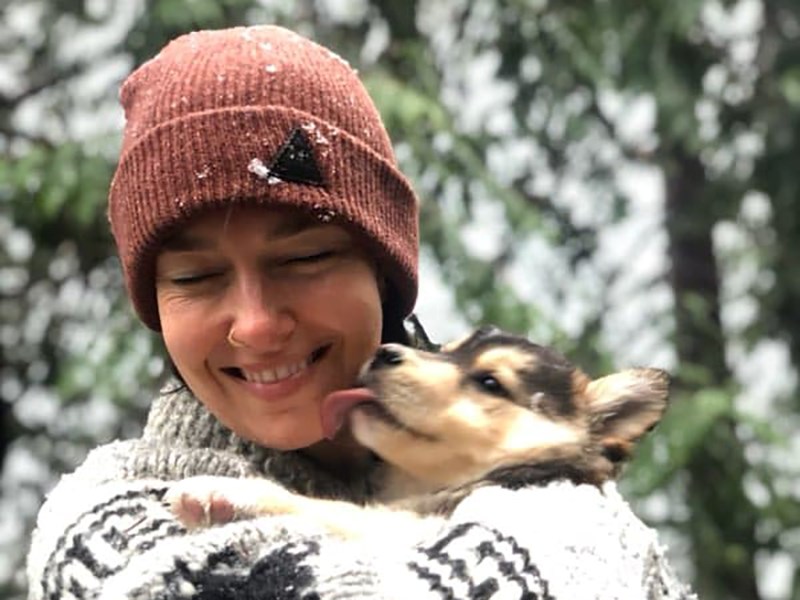Some families are a month deep into caring for furry friends they received from Santa and others are well into pet parenting.
Wherever you are on this journey, you are likely well aware of all the stuff that comes into your life alongside your companion. All the plastic toys, brushes and pet food bags may have you wondering about the environmental impact Fido or Fluffy is making.
Fortunately, there are plenty of ways to put your pet nearer to a plastic-free diet. Buying in bulk or in large quantities is a good start. Raw food meat byproducts can also be bought from local butchers and on top of having little packaging, they make use of meat that would otherwise be wasted.
Local egg yolks and crushed shells are a great addition to a raw food diet, too. Feeling ambitious? Look up recipes for making your pet’s treats. Dishes and storage containers can be glass, ceramic or stainless steel, all of which have a classier look than plastic and can easily be sanitized.
The inevitable task of managing your pet’s waste is one we rarely consider when gazing into a puppy’s eyes for the first time. Avoid single-use products such as gel kitty litter, and instead, favour compressed paper or sawdust pellets that are also capable of absorbing liquids and odours.
Seemingly green are compostable pet waste bags, but these are a bit of a conundrum. First off, pet waste is not accepted in any form in our local compost pilot program, and secondly, neither is any kind of compostable plastic. Beyond this, should compostable baggies be used for anything else and then end up in the recycling system, they compromise the integrity of plastic products or packaging they are recycled into. A simple solution, not for the faint of heart, is to use an old yogurt container or equivalent to scoop up waste before disposal, then giving it a rinse and storing it outside.
Plastic pet toys are ubiquitous in pet stores, but you can avoid these and opt for used thrift store finds, toys made from natural materials such as hemp, wool, cardboard and wool, or even make your own toy from braided shreds of old t-shirts.
And, just like with children, you might find your pet happier with a stick than anything bought new from the store.
Pet hair troubles? Try removing the bulk of hair from furniture using a wet rubber glove, then rinse it off. Delinting brushes made from wood and natural bristles or recycled rubber are also easy to come by these days. They are worth the initial investment, too, when you consider how many single-use plastic lint brushes you could go through in your pet’s lifetime.
Cozy beds needn’t be bought new from the store. An old wooden crate, suitcase or wagon can be fashioned into a funky upcycled bed with the addition of a blanket and used pillows.
Loving up your pet can also leave room for caring for the planet.
Let’s Talk Trash is qathet Regional District’s waste-reduction education program. For more information, email [email protected] or go to LetsTalkTrash.ca.



